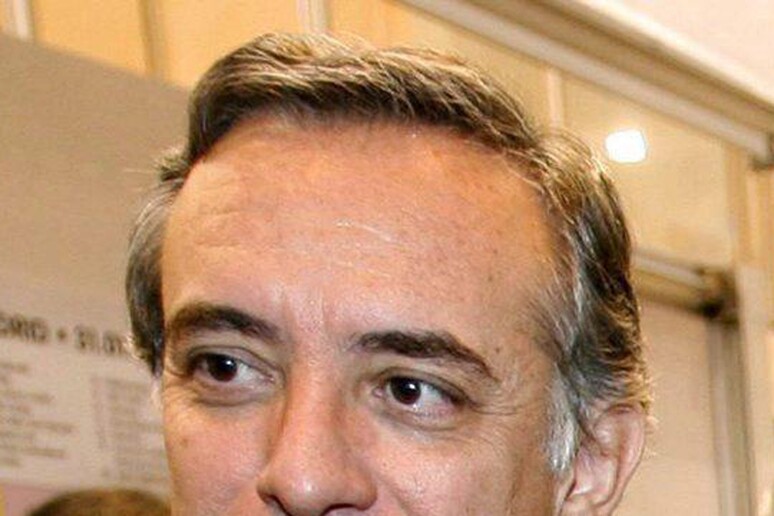Russia and the West risk being
sucked into an "escalation of sanctions" that may have
devastating effects, above all on the economic front, Italy's
Ambassador to Moscow Pasquale Quito Terracciano has said in an
interview with ANSA.
As a result it is essential that Italy use its role as a
"bridge" between Russia and the West to contribute to
"confidence building", he commented.
Terracciano said that this process could include "finance
mechanisms" that encourage relations between small and
medium-sized enterprises to offer a different outlook to "the
new Russian generations".
He said that the relationship between Russia and Italy was
one of "great trust" despite the recent tensions caused by the
Skripal case.
"We took part in the expulsions of Russian diplomats because
we were bound by Atlantic solidarity, not because we had
complaints about hostility in Italy, which has not taken place
and I don't think will," Terracciano said.
"Naturally, if we had broken away from this initiative we
could have earned further space in Russia. We didn't do so
because there was a legitimate assessment of foreign policy
priorities.
"That's why I talk about the failure to move forward rather
than a move backwards".
The ambassador recognised that the tension is almost as high
as it was during the Cold War.
"It's true and I say that there is no logic to this," he
said.
"Today there is no longer the irreconcilable ideological
contrast of the past, although there are contrasts in terms of
geopolitics and values.
"But there's nothing to stop a settlement of the differing
interests between Russia and the West.
"Good will is needed, that's true. And we, as Italy, can do a
lot to favour confidence-building measures thanks to our
traditional role as the bridge between these two worlds".
Terracciano also commented on the sanctions imposed on
Russia.
"We, as part of the European Union, applied the sanctions on
Russia for the destabilization of Eastern Ukraine and the
occupation of Crimea," he said.
"These were two foreign-policy decisions that we felt we
could not forgive.
"On sanctions, however, we, as Italy, have always asked for a
political debate and we have always refused to renew them
automatically.
"Unfortunately, in some countries individual episodes, which
were unacceptable, were forced into a narrative of a strategy of
aggression attributed to the Kremlin for domestic political
demands".
ALL RIGHTS RESERVED © Copyright ANSA











